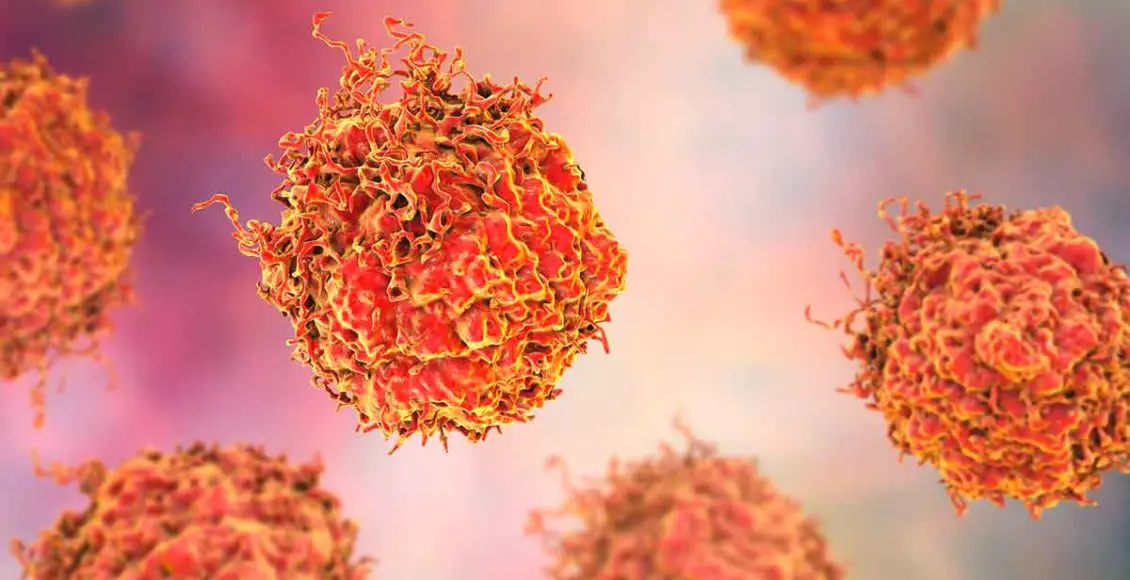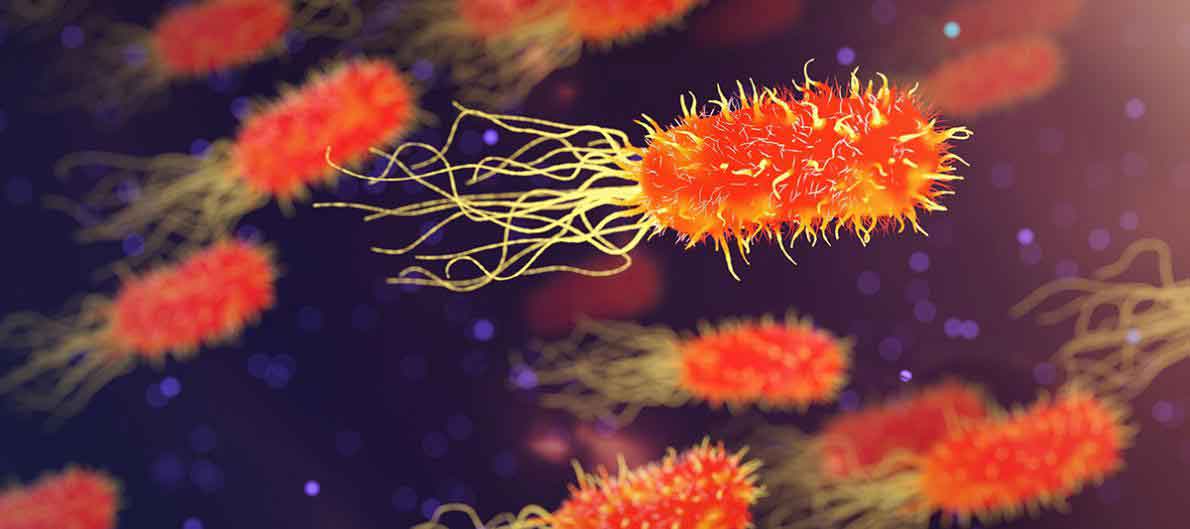Scientists Successfully Test ‘Trojan Horse’ Drug That Can Kill Cancer Cells Without Damaging Nearby Healthy Tissue

A “Trojan Horse” drug that can eliminate cancer and bacterial cells without harming nearby healthy tissue has run its first successful tests.
Experts at the University of Edinburgh mixed the tiny cancer-killing molecule SeNBD with a chemical food compound to trick hostile cells into ingesting it.
The experimental study was peer-reviewed and tested on human cells and zebrafish. However, the scientists say more studies need to be carried out to make sure it is a safe and quick-enough method of killing drug-resistant bacteria and cancer in its early phases.
The University of Edinburgh said cancerous cells are “greedy” and need large amounts of food to keep their energy levels strong.
They normally also consume more than healthy cells.
By combining SeNBD with a chemical food compound it turns into the “ideal prey for harmful cells” which consumes it “without being alerted to its toxic nature”.
The medical breakthrough was created by researchers from the University of Edinburgh who call it a Trojan Horse, and its effects a “metabolic warhead”.

SeNBD is also a light-activated photosensitizer, which destroys cells only after it is awakened by visible light.
What this means is that a doctor can accurately decide when they want to activate the drug, lowering the chances of it killing healthy tissues and bypassing potential side effects such as hair loss triggered by other anti-cancer treatments.
Head researcher Professor Marc Vendrell, chair of translational chemistry and Biomedical Imaging at the University of Edinburgh, said the following:
“This research represents an important advance in the design of new therapies that can be simply activated by light irradiation, which is generally very safe.
“SeNBD is one of the smallest photosensitisers ever made and its use as a ‘Trojan horse’ opens many new opportunities in interventional medicine for killing harmful cells without affecting surrounding healthy tissue.”
Post-doctoral researcher Dr Sam Benson – who also works at the university – said regarding the mechanism of the drug that it is being delivered through the “front door of the cell” instead of having to “find a way to batter through the cell’s defenses”.
What are your thoughts on this incredible scientific breakthrough? Let us know by joining the conversation in the comments and please share this article if you’ve found it of value.


